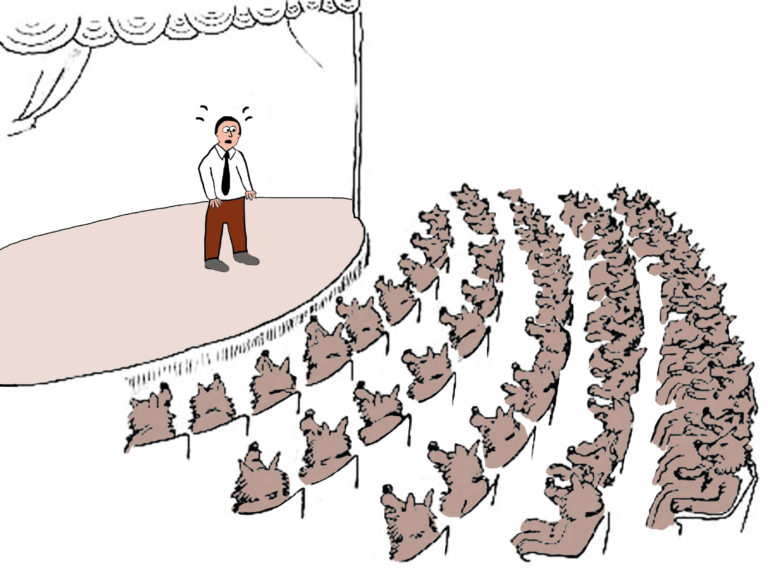
According to the Equine Disease Communication Center, a 14-month-old Quarter Horse filly with unknown vaccination history in Kern County, California, was confirmed positive for West Nile virus (WNV). Due to the severity of clinical signs, the filly was euthanized.
This is the first reported equine WNV case in California for 2017.
The California Department of Food and Agriculture (CDFA) continually monitors and investigates equine neurologic cases for the presence of WNV in California. The CDFA urges horse owners to consult with their veterinarians concerning a WNV vaccination program to ensure maximum protection of their horses.
For more information from the California Department of Food and Agriculture visit https://www.cdfa.ca.gov/ahfss/animal_health/WNV_Info.html.
About EDCC
The Equine Disease Communication Center works to protect horses and the horse industry from the threat of infectious diseases in North America. The communication system is designed to seek and report real time information about disease outbreaks similar to how the Centers for Disease Control and Prevention (CDC) alerts the human population about diseases in people.
The goal of the EDCC is to alert the horse industry about disease outbreak information to help mitigate and prevent the spread of disease. Ultimately frequent and accurate information about diseases outbreaks improves horse welfare and helps to prevent negative economic impact that can result from decreased horse use due to a fear of spreading infection. As part of the National Equine Health Plan the EDCC will serve as part of the communication to help educate and promote research about endemic and foreign disease.
Working in cooperation with state animal health officials and the United State Department of Agriculture, the EDCC seeks information about current disease outbreaks from news media, social media, official state reports and veterinary practitioners. Once information is confirmed, it is immediately posted on this website and messages sent to all states and horse organizations by email. Daily updates are posted until each outbreak is contained or deemed no longer a threat.
The EDCC is made possible by generous donations from organizations and horse owners. Please visit our sponsors that have generously supported this program for the benefit of the health and welfare of horses. To learn how you can help go to SUPPORT.








